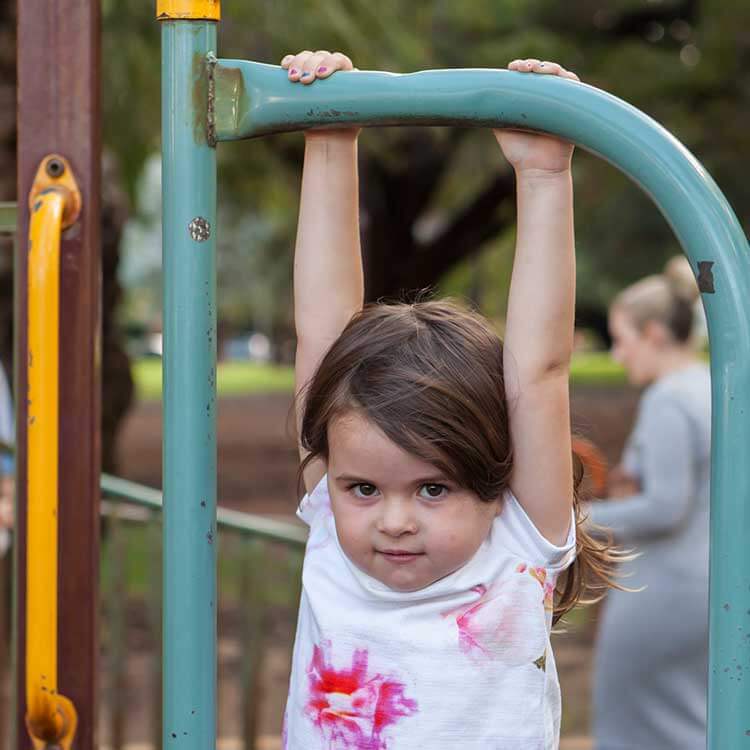Search
Research
UV exposure and protection against allergic airways diseaseAsthma is a chronic inflammatory disease of the small and large conducting airway mucosa characterised by Th2 cell immunity.
Research
Toward improved prediction of risk for atopy and asthma among preschoolers: A prospective cohort studyAtopy and asthma are commonly initiated during early life, and there is increasing interest in the development of preventive treatments for at-risk children.
Research
Providing feedback on adherence increases use of preventive medication by asthmatic childrenThis study investigates the impact of measuring adherence and providing feedback on medication usage by children with unstable asthma.
Research
The importance of environment on respiratory genotype/phenotype relationships in the InuitThis study aimed to investigate the effects of different macro-environments on asthma genotype-phenotype associations in 2 geographically separated populations
Research
Toll-like receptor 7 function is reduced in adolescents with asthmaAnti-viral innate immune responses may be impaired in asthma, although the mechanisms are not well understood.
Research
Vector fields of risk: A new approach to the geographical representation of childhood asthmaOne of the major challenges in health studies with a spatial dimension is to produce valid and meaningful geographical representations of risk.
Research
Expression of kinin receptors on eosinophils: comparison of asthmatic patients and healthy subjectsThe aims of this study were to investigate kinin receptor expression on eosinophils of asthmatic and healthy subjects
Research
The effects of maternal smoking on early mucosal immunity and sensitization at 12 months of ageIn this study, we examined the effects of maternal smoking as a major adverse exposure in early life, on mucosal immune function and allergen sensitization...
Research
Toll-like receptor 2 ligands inhibit Th2 responses to mite allergenThere is intense interest in the interaction between microbial compounds and allergy.

The Airway Epithelial Research Team is investigating the role of the epithelium in the development of airway diseases including asthma, cystic fibrosis and lung transplant rejection.
